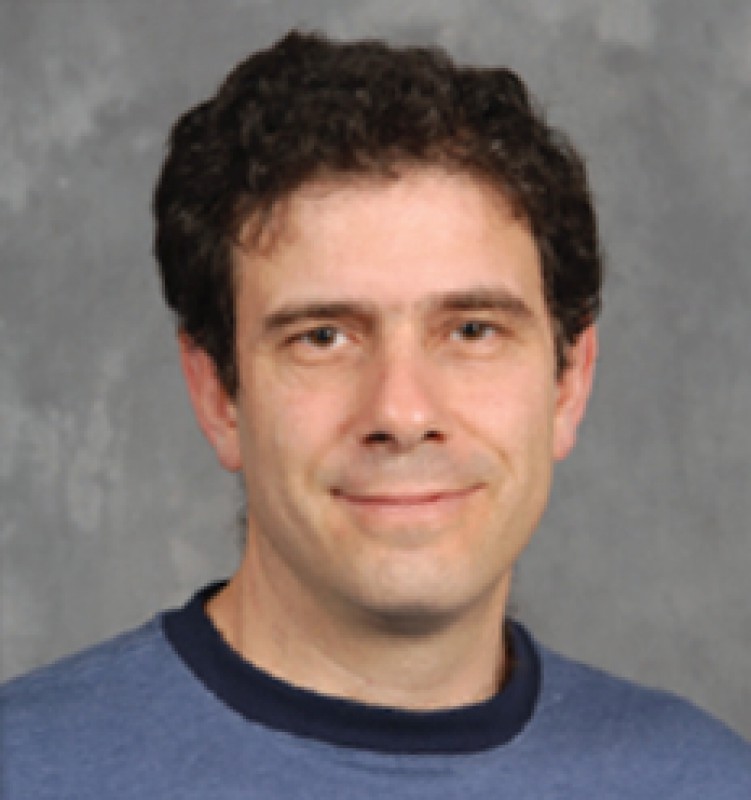KLI Colloquia are invited research talks of about an hour followed by 30 min discussion. The talks are held in English, open to the public, and offered in hybrid format.
Join via Zoom:
https://us02web.zoom.us/j/5881861923?omn=85945744831
Meeting ID: 588 186 1923
Spring-Summer 2026 KLI Colloquium Series
12 March 2026 (Thurs) 3-4:30 PM CET
What Is Biological Modality, and What Has It Got to Do With Psychology?
Carrie Figdor (University of Iowa)
26 March 2026 (Thurs) 3-4:30 PM CET
The Science of an Evolutionary Transition in Humans
Tim Waring (University of Maine)
9 April 2026 (Thurs) 3-4:30 PM CET
Hierarchies and Power in Primatology and Their Populist Appropriation
Rebekka Hufendiek (Ulm University)
16 April 2026 (Thurs) 3-4:30 PM CET
A Metaphysics for Dialectical Biology
Denis Walsh (University of Toronto)
30 April 2026 (Thurs) 3-4:30 PM CET
What's in a Trait? Reconceptualizing Neurodevelopmental Timing by Seizing Insights From Philosophy
Isabella Sarto-Jackson (KLI)
7 May 2026 (Thurs) 3-4:30 PM CET
The Evolutionary Trajectory of Human Hippocampal-Cortical Interactions
Daniel Reznik (Max Planck Society)
21 May 2026 (Thurs) 3-4:30 PM CET
Why Directionality Emerged in Multicellular Differentiation
Somya Mani (KLI)
28 May 2026 (Thurs) 3-4:30 PM CET
The Interplay of Tissue Mechanics and Gene Regulatory Networks in the Evolution of Morphogenesis
James DiFrisco (Francis Crick Institute)
11 June 2026 (Thurs) 3-4:30 PM CET
Brave Genomes: Genome Plasticity in the Face of Environmental Challenge
Silvia Bulgheresi (University of Vienna)
25 June 2026 (Thurs) 3-4:30 PM CET
Anne LeMaitre (KLI)
KLI Colloquia 2014 – 2026
Event Details

Topic description:
During the lifetime of an organism, every individual encounters many combinations of diverse changes in the somatic genome, epigenome and microbiome. This gives rise to unimaginable number of novel combinations of internal perturbation which are unique to each individual. How any individual can tolerate this high load of new, individual-specific perturbations is not clear. We have recently propose a conceptual solution based on a new principle of adaptation (termed ‘Adaptive Improvisation’), which explains how random variation of any kind (and scale) can self-organize to confer a wide range of individual-specific adaptations beyond the existing outcomes of natural selection. This principle portrays gene regulation as an inseparable synergy between Darwinian selection and Lamarckian adaptation by improvisation. The division of workload between the two is regulated by stress which is viewed as a physical-like force that modifies the state of the organism until re-acquisition of relative homeostasis. I will present experimental work-in-progress which may support this idea and, if time permits, I will include a more general discussion.
Biographical note:
Yoav Soen is a biophysicist interested in how robust organisms can be sufficiently plastic to cope with new problems. Yoav was formally trained in Electrical Engineering and Physics (Technion, Israel Institute of Technology). After graduating, he got interested in Life Sciences and conducted a postdoctoral research with Patrick Brown at Stanford University, Dept. of Biochemistry (2001-2006). On 2006, Yoav established a research lab in the Weizmann Institute of Science, Department of Biological Chemistry. His group takes an experimental approach for studying how developing flies cope with unfamiliar scenarios of stress, the underlying epigenetic and symbiotic mechanisms of response, the trans-generational implications of these events and how they may bridge ecological and evolutionary processes.


